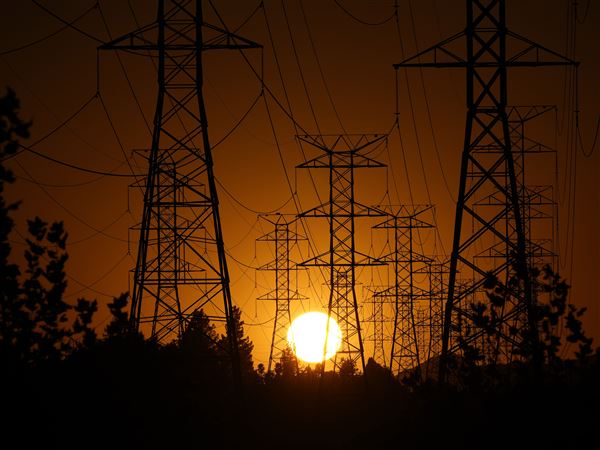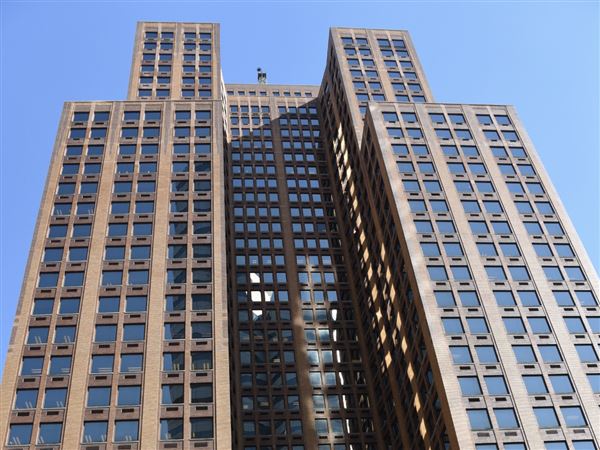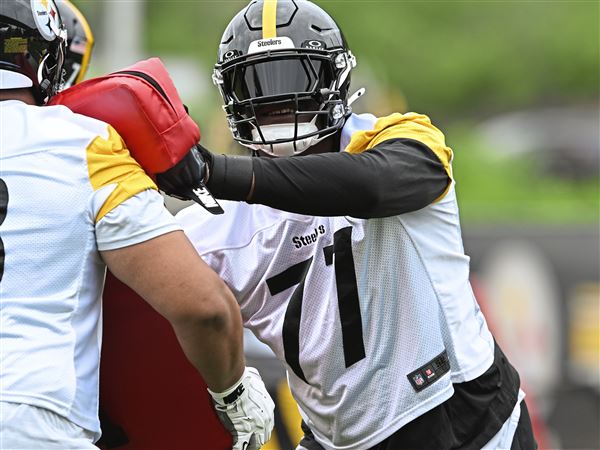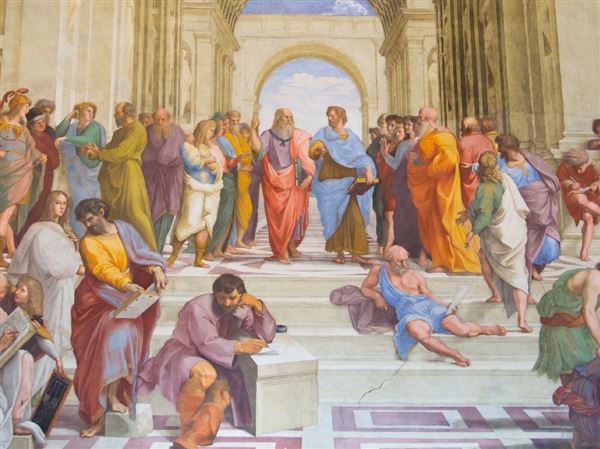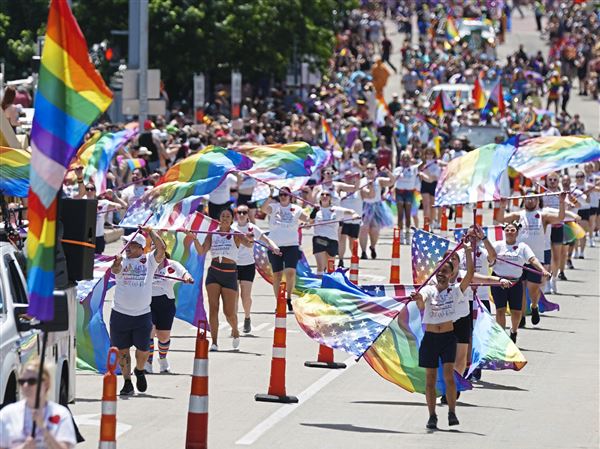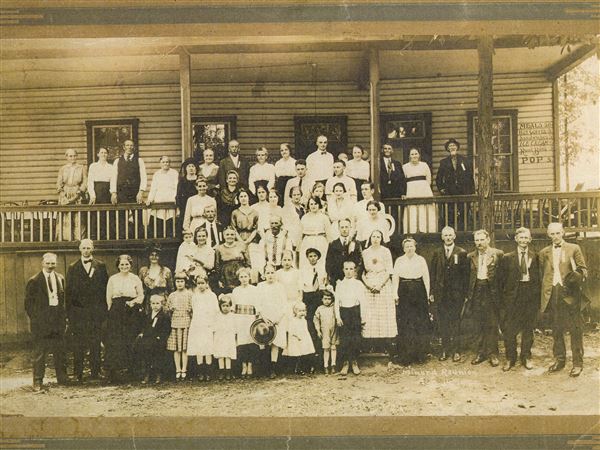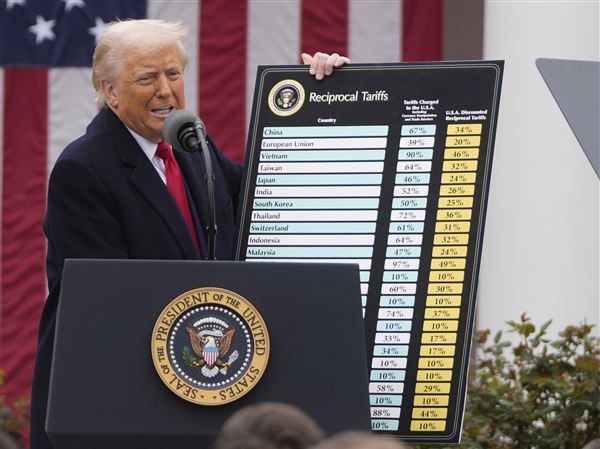In the pantheon of phony authors discussed last week, I missed one of the best American hoaxers of the memoir, Forrest Carter.
"The Education of Little Tree," a gentle, environmentally correct tale of an orphan raised by his Cherokee grandparents, was first published in 1976. Its paperback version became a best seller in the early 1990s, until "Little Tree" himself was exposed as a fake.
By then, the author was dead, dying in 1979, far too soon for an "Oprah" appearance. His real name was Asa Carter, an enthusiastic Ku Klux Klan member in Alabama and author of Gov. George Wallace's "segregation forever" speech in 1963.
Aside from his racist and anti-Semitic activities, he also wrote several "Josey Wales" Westerns, one of which was filmed with Clint Eastwood in the title role.
Interestingly, it was his interview with Barbara Walters on the "Today" TV show in 1974 that first brought the double-named Carter to light. People who recognized "Forrest" as Asa, including an investigator for the Alabama attorney general, pointed this out to a reporter, Wayne Greenshaw, who investigated.
His disclosure of Carter's background appeared in The New York Times in 1976, but little was made of the revelation after the author denied the story. "Little Tree" was published several months later.
There is a happy ending to this hoax. When Emory University history professor Dan T. Carter also exposed Carter's shady background, this time in 1991, subsequent "Little Tree" copies were re-labeled "novels." That's how the book is viewed today.
Thanks to Laura Browder, author of "Slippery Characters: Ethnic Impersonators and American Identities," for resurrecting the Little Tree hoax.
Advice to poets: Form a band
Poetry readings don't usually draw big crowds. Even some of the major poets who have read here over the years have managed to attract only a hundred or so (although Seamus Heaney did pack 'em in at Carlow University in 2004).
The University of Pittsburgh found a way to produce a standing-room-only night for a poetry reading Feb. 10, by bringing in a poetry-writing rock singer for its Contemporary Writers Series.
David Berman, who fronts for the Silver Jews, not only filled the Frick Fine Arts Auditorium, but had them standing in the hall, ears pressed to the doors.
His poetry credentials are based on one collection, "Actual Air," published in 1999.
Berman read nervously for under 30 minutes, reported my Pitt informant who was there, then signed autographs.
More poetry
Two leading but nonmusical practitioners of the craft hit town next month.
C.K. Williams hasn't won a Grammy, only the Pulitzer Prize (1999) and the National Book Award (2003) for his poetry.
That book award went to "The Singing," his newest of nine collections.
Williams reads at 8 p.m. March 8 at the International Poetry Forum, Carnegie Library Lecture Hall; 412-621-9893.
Anne Carson, whose original works combine poetry, prose and, last year, opera ("Decreation"), follows Berman into the Frick Fine Arts Auditorium March 27, to read in Pitt's writer's series.
She's been called a "Delphic oracle," and her work puts strong demands on the reader. Call the Pitt English Department if you need more encouragement: 412-624-6506.
First Published: February 19, 2006, 5:00 a.m.
